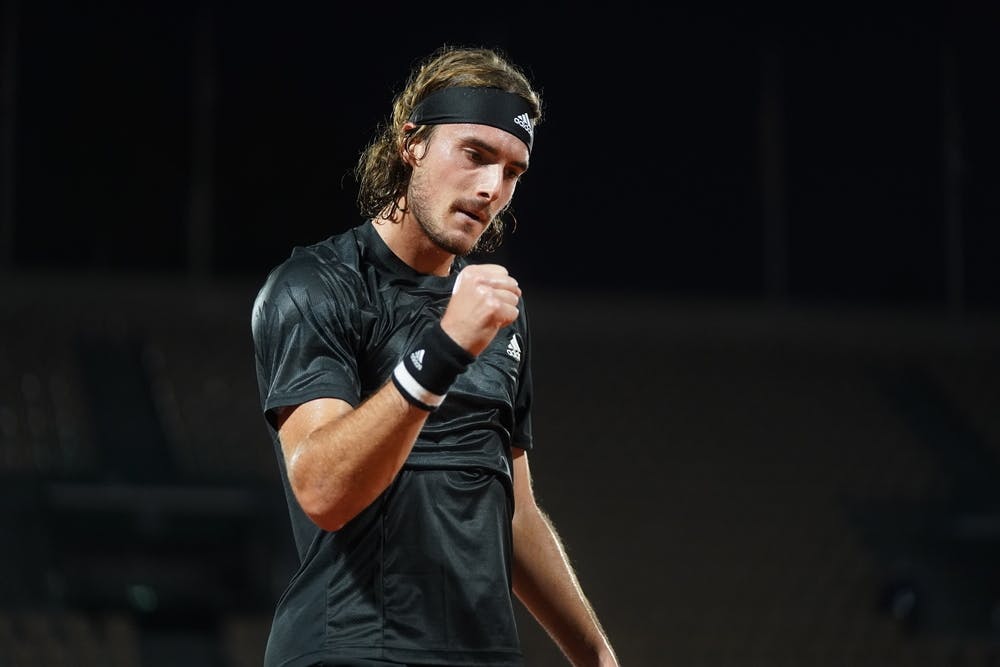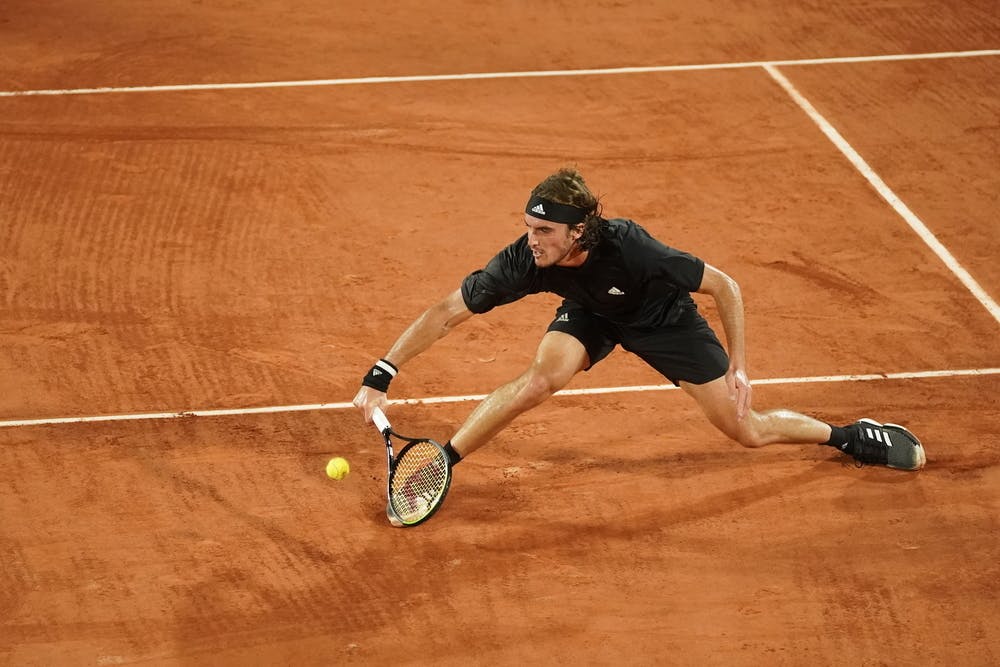Stefanos Tsitsipas is not one to make life on court easy for himself since the tour’s hiatus ended.
Two harrowing defeats from the brink of victory – in the third round of this month’s US Open and in Sunday’s Hamburg final – plus a first-round upset in Rome to 19-year-old Jannik Sinner left the Greek fifth seed reeling.
In his return to Court Suzanne-Lenglen, the 22-year-old’s confidence took a further battering for two sets against a dogged Rafael Nadal Academy pupil, Jaume Munar, before he flicked a switch to prevail 4-6, 2-6, 6-1, 6-4, 6-4 on Wednesday.
These are the things we learned from his finest career comeback to date.
 ROLAND-GARROS
18 May - 7 June 2026
ROLAND-GARROS
18 May - 7 June 2026



